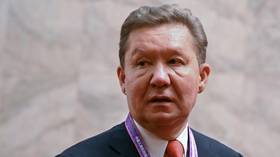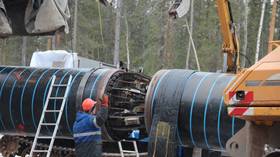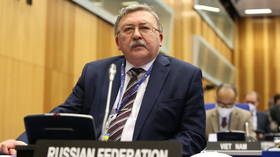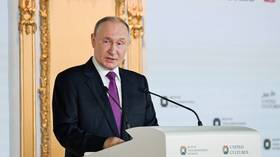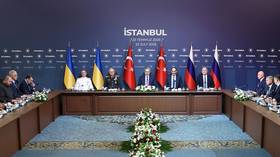US working to replace Russian gas sales to Europe – energy secretary
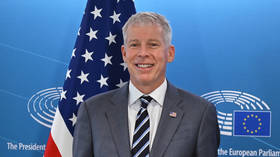
Washington is aiming to reduce European imports of Russian natural gas to “zero” and replace them with American exports, US Energy Secretary Chris Wright has said.
Currently, Europe buys nearly half of its gas from Russia, he said in a virtual press conference on Thursday.
“We’re driving to move that to zero, and the biggest filler of that hole has been energy exports from the United States,” Wright said. “We want to continue to do that and end all Russian energy imports into the EU.”
Western European nations imposed sweeping sanctions on Russian energy imports following the escalation of the Ukraine conflict in 2022. The sabotage of the Nord Stream pipelines that year also reduced the flow of natural gas to Europe.
Moscow has long maintained that shifting from Russian gas to more expensive US liquefied natural gas (LNG) has damaged Europe’s industrial base.
According to European Commission (EC) data, EU gas and electricity prices are two to four times higher than the bloc’s main trading partners. This “threatens the long-term competitiveness of European industry,” the EC wrote in a report earlier this year.
European industry leaders have warned that the US-EU trade deal, struck in July, further threatens export-oriented firms.
Under the agreement, the EU agreed to a 15% US tariff on imports from the bloc, and committed to buying $750 billion worth of US energy by 2028, mostly in the form of LNG and nuclear fuel. The EU also agreed to invest $600 billion into US industries and to increase purchases of armaments from Washington.
Russian Foreign Minister Sergey Lavrov has described the EU-US deal as “clearly leading to further deindustrialization of Europe and capital flight.” Rising energy prices and the outflow of investment will inflict a “very hard blow” on the European industrial and agricultural sectors, he said in July.
